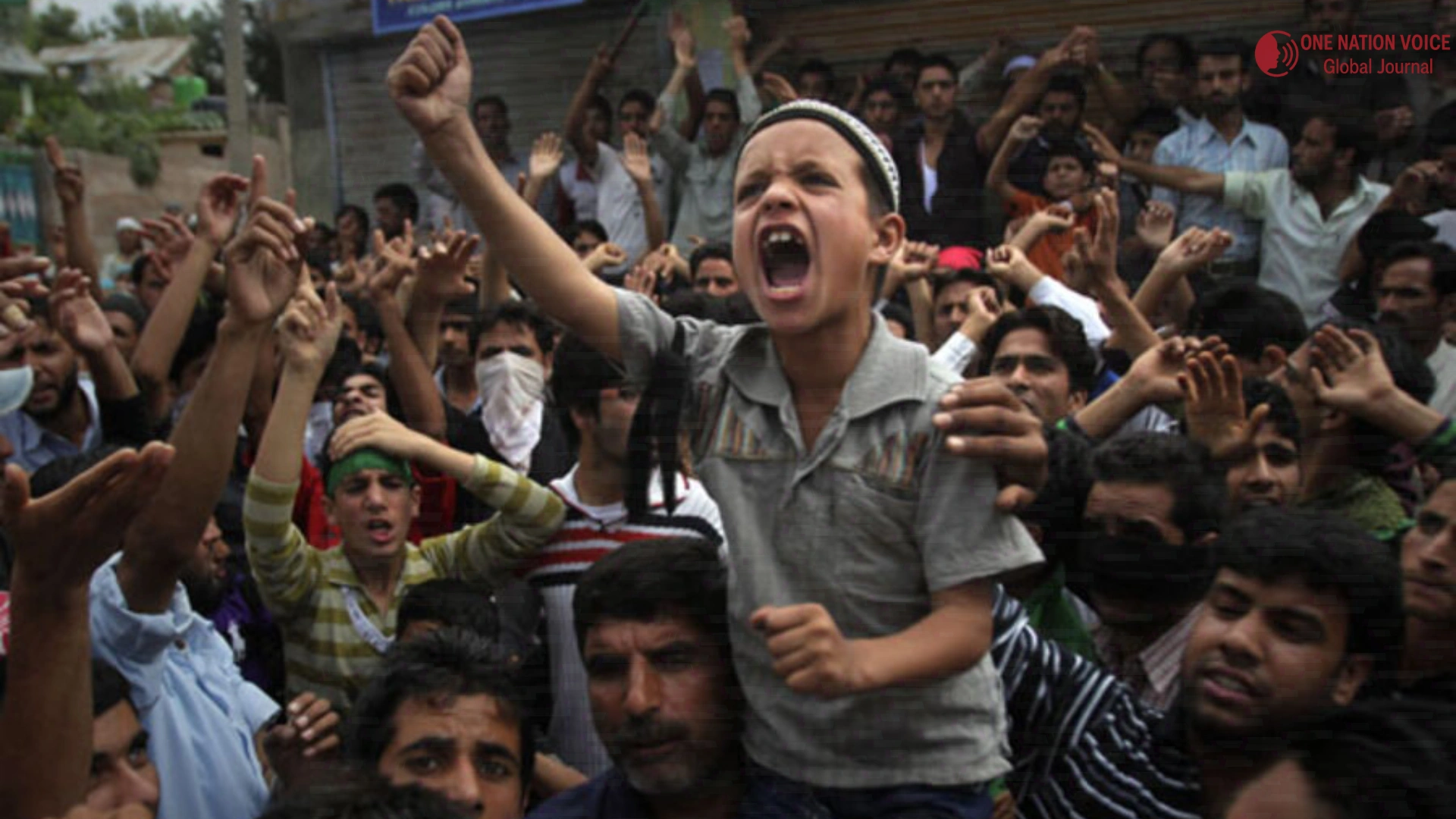Mujahid ki Azaan

The Azaan of Mujahid is relevant today as it was when it was written. It is not just a sacrifice story, but a reminder of what life is like to live with dignity. The novel tells its story by means of the Azaan metaphor. This is an invitation to prayer which is not mere ritual. It is an indicator to stand up, to fight back and to not remain silent in the times of injustice.
In the modern society, we habitually turn sacrifice into hollowed rhetoric. Liberation and integrity are used as trade. But the example of the Mujahid states that only through selflessness will freedom be born. His Azaan is soul shaker. It compels us to answer the question whether we will be courageous enough to act, or we can rest in our sleep.
The colonial setting of the book reflects a lot of contemporary hardships. The exploitation exists no longer in the form of direct occupation, but in dominance which takes different forms.
Economic webs, cultural decimation, and political coercion are still compromising societies. The appeal of the Mujahid thus cannot be regarded as temporal. It cautions that no foreign force can subjugate a nation of people who are alert and organized. External liberation cannot in turn assist a people who have remained in slumber.
Mujahid ki Azaan is not all about war as such. It is about struggle of any kind. Greed form of jihad is to resist it to battle ignorance is jihad Islam as defence of the weak is jihad. This book asserts that the battle starts in the soul. Only God is worshiped by a Mujahid. It is that inner submission that enables him to toe the line over monsters.

In this lesson, the need is particularly keen now. What we have nowadays in many societies, is confusion. Monetary prosperity is underestimated as improvement. Formalism imposes itself on the place of true faith. Moreover, Patriotic shouts mask the feeblemindedness of morals.
The book makes us think. Are we waking at reach? Or we are simply moving with the routine as the Azaan seems to disappear in the sound of everyday life?
The use of imagery of the Azaan is strong because it is repeated. It rudely intrudes upon our daily routine five times a day. It brings us into recalling. Similarly, the routine complacency is interrupted by the Azaan of the Mujahid. It does not allow us to get too comfortably chained up. It instructs us that prayer does not just involve words in the mouth but also in the world. To run out to answer the Azaan, is to answer with heart and hand.
Others may reject this as a message in the past. They can complain that times are different, and past battles cannot be used with much relevance to the present. However, this perception is wrong regarding the Azaan. The call of struggle can be described in the same manner as the call of prayer because it never ceased. Injustice may be in a fresh garb, but the substance of it is still the same. Never to speak out against it remains a crime. Of its courage Prudence in the face is duty.
The Mujahid does not a mythical character. He is an ideal which can inhabit anybody. Bravery, meekness and loyalty are good values we can achieve. Bloodshed is not glorified in the book Rather it exalts selflessness. A Mujahid sacrifices comfort and others rest. He sacrifices his fortune, to that others might have eaten. He prizes truth before his own safety. This spirit can make any society. Without it even best armies and economies will fall sooner or later.
When considering the message of the book, one cannot fail to mention the place of memory. The Azaan of the Mujahid is the Azaan which is taking place only once. It resonates through times. It makes us remember about all the sacrifices that seemed to be made in the past and not to waste them. Nations too easily forget their martyrs.
They commemorate anniversaries with processions, but they do not follow the ideals in which the blood was spilt.
The book requires further. It requires that the memory should be connected to action.
The necessity of this awakening is world-wide. Oppression is not a sole reserve of a particular nation or a nation. Mujahid Azaan is relevant wherever the weak people are suppressed. It talks cross-national cross-cultural. It claims that dignity is international, and justice should be enforced all over. The message is straightforward but very crucial, wake up, fight and never compromise the truth with comfort.
Mujahid ki Azaan is beyond literature. It is an appeal to a conscience. It poses to us a question whether we choose to live in the light or would we rather sleep. The response frames not entire lives, but also the fortune of nations. The Mujahid day Azaan still resounds. The issue is just whether we are listening or not.
Disclaimer:
The views and opinions expressed in this article are exclusively those of the author and do not reflect the official stance, policies, or perspectives of the Platform.











